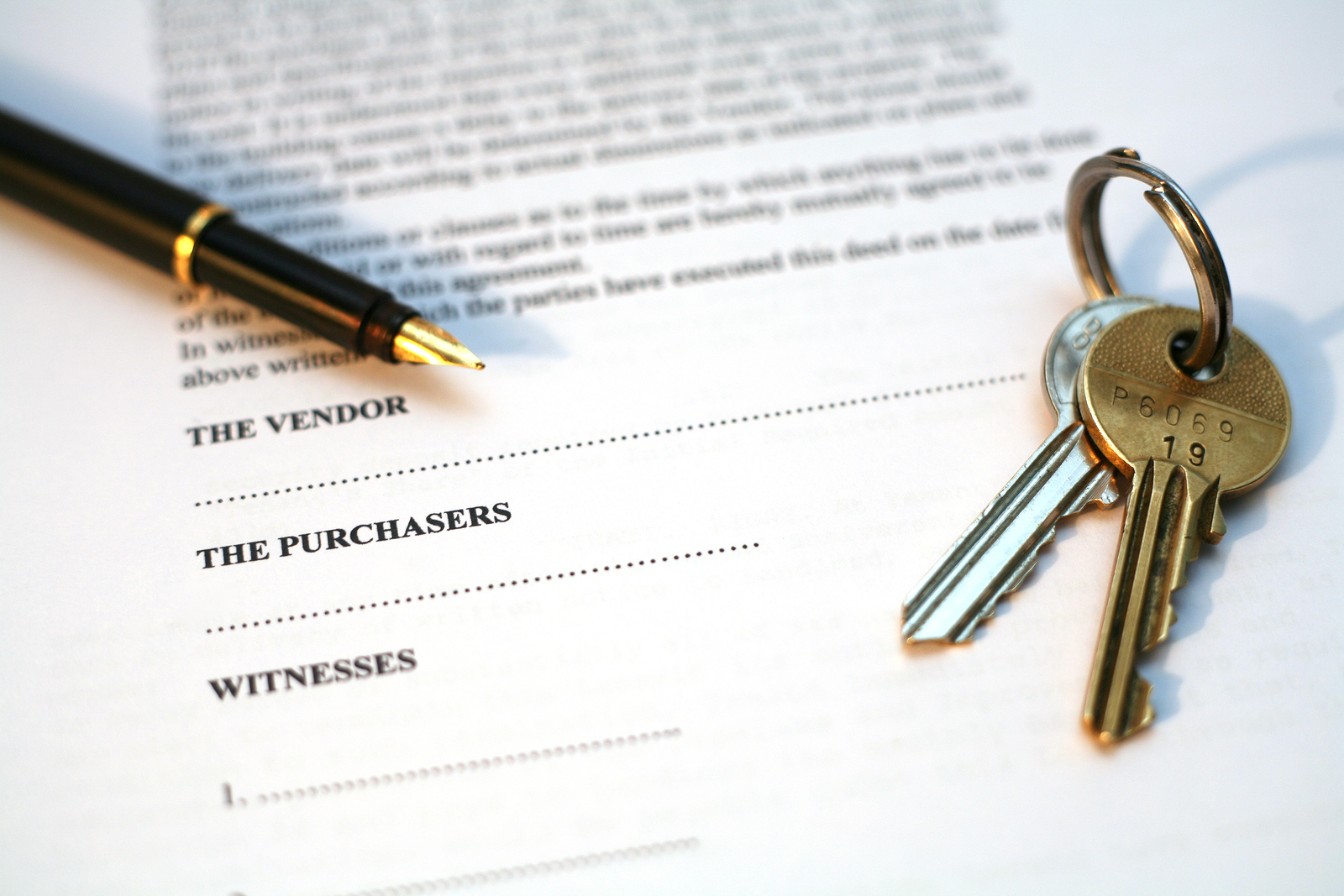While the exact contours of adverse possession are often not fully understood by the general public, there is a general sense that a party’s presence on land can create certain legal rights to the land. However, people often misunderstand the exact contours of the requirements behind adverse possession. Unfortunately, they may even make legal threats or claims without fully understanding the exact, and difficult to satisfy requirements of an adverse possession claim.
Adverse Possession Claim? Speak to a Baltimore Land Dispute Lawyer Today
Attorney William Heyman and the legal team at the Heyman Law Office are experienced litigators . Mr. Heyman’s firm’s practice of law is client-focused. He and the entire team of attorenys welcome legal questions regarding your right to property, property disputes, and problems with titles to land. To schedule a confidential legal consultation with an experienced lawyer located in Baltimore, call (410) 305-9287 or contact him online today.

What Is Adverse Possession and What Rights Will a Successful Claim Create?
The classic adverse possession case is that of a landowner who fences in part of his neighbor’s land, and then later makes a legal claim to the fenced in portion of the land held under the neighbor’s deed by filing a Quiet Title action in the Maryland Circuit Court for the county in which the land is located. Adverse possession means that a person has possessed land to which they do not have a title. It is the legal concept by which a person can come to claim ownership of a parcel of land simply due to their possession of the land for a certain period of years against the interest of another. In Maryland, the person must adversely possess, or occupy, the land for a minimum of 20 years. However, to bring a valid adverse possession claim, certain other requirements must be met.
When Is a Claim for Adverse Possession of Land Likely to be Valid?
Maryland law states that “to obtain title to property, the person claiming adverse possession must prove actual, open, notorious and visible, exclusive, hostile and continuous possession of the claimed property for at least 20 years.” Thus, there are several elements an individual claiming title to land through adverse possession must prove. These elements are:
- The possession is actual – The possession must exist and take place. It cannot be imagined or planned possession of the land. Another way to think about it is that the individual with title to the land would have a cause of action for trespass against the adverse possessor. The exact nature of the possession required can vary and Maryland law holds that “acts sufficient to demonstrate possession of wild, undeveloped forest may fall short of the activity needed to establish possession of developed property.”
- The possession is open and notorious – Open and notorious possession means that the act of adversely occupying the land is not done in secret. In other words, the adverse possession is known or should be known through conduct or statements.
- The possession is hostile – Hostile doesn’t mean that the parties have to have a poor relationship or engage in a feud between neighbors. Hostile simply means that the possession of the land is against the legal interests of the party holding title to the land.
- The possession is continuous – Continuous possession means that the actual possession of the land by the party making an adverse possession claim was unbroken. For instance, they did not occupy the land for 10 years, leave for 2 years, and then resume possession for another 10 years. Rather the possession continued for an unbroken 20 years.
- The possession is exclusive – Exclusive possession means that the possession was, typically, held by a single person or legal party. However, in certain cases, Maryland law will permit claimants to “tack-on” years when previous owners may have used or maintained the property.
When the claimant for adverse possession can show these elements, the burden of proof will then shift to the person holding the title to the land. Typically, he or she will attempt to prove that the possession was not actually adverse because permission was granted, possession was taken back through some overt act, or the claimant has otherwise failed to satisfy one of the above elements.

What Types of Evidence Do I Need to Prove an Adverse Possession Claim?
An adverse possession claim is unlikely to succeed without more than a single person’s claim that he or she has occupied the property for more than 20 years. Generally, testimony by others in the community or area for at least 20 years who can testify regarding the validity of the possession is a good start. However, the testimony of a land surveyor regarding property boundaries and other facts will also be necessary. Additionally, photographs and historical images of the land and its use can also be helpful. Records of inspections and work performed on the parcel can also support a claim.
If you are considering making an adverse possession claim or are facing a similar claim from a neighboring landowner, working with an experienced litigator can increase your likelihood of success. Attorney Bill Heyman has more than 20 years of experience litigating cases and he can put that experience to work for you. To schedule a confidential consultation call the Heyman Law Office at (410) 305-9287 today or contact the firm online.
